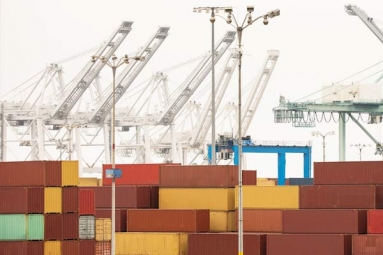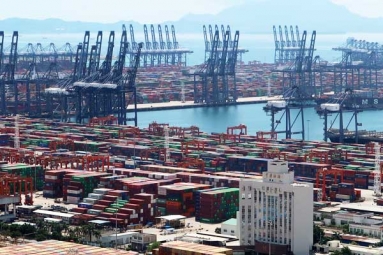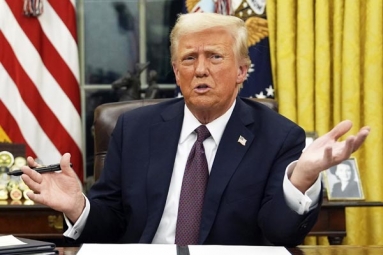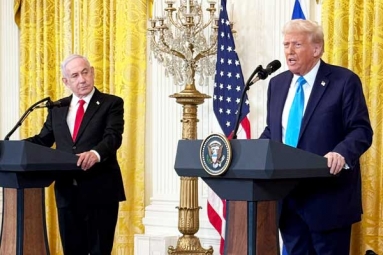
(Image source from: www.rediff.com)
With a constant string and pull since Prime Minister Narendra Modi denied the collaboration with RCEP, there have been consistent analysis on the situations around. The extended round of possibilities is opening up further opportunities which is one of the many reasons why it is necessary that one seeks important insights on why India’s rejection of the RCEP was actually in the favour of the country.
India’s decision to not tie with the RCEP deal is believed to further safeguard millions of jobs in the country. The impacts of the same are believed to be the maximum in the small scale enterprises and help in balancing out the economic interests of the country as well.
This agreement is believed to have far reaching consequences and might also impact the overall trade deficit in China as mentioned by the industry on November 05, 2019.
It was on November 04, 2019 that Prime Minister Narendra Modi decided to disclose the decision of not tying bonds with the RCEP agreement. He clarified the same at the summit meeting which was held at the 16-nation block.
The MD of Jindal Stainless stated in a statement, “For India to capitalise on her strengths, it was imperative to mitigate the rampage caused by duty-free imported goods. With this move, we look forward to creation of more job opportunities in India and overall boosting of economic and investor sentiments. For the metal sector, which is already under stress caused by global trade wars and protectionist measures, signing RCEP would have resulted in further deepening of India's trade deficit with China and other nations.”
India has time and time raised issues in terms of the market access along with the salient protected list of the goods from the local manufacturers to find streamline a better way to protect their domestic market. The same has been because of the fact that the authorities have time and time believed that there could be consistent threat imposed to the local artisans if the entire market is flooded with cheap Chinese products.
B K Goenka, who is the Assocham President further stated saying, “India opting out of RCEP, for now, is a well thought out call by Prime Minister Narendra Modi as trade-opening agreement of such far-reaching consequences would need deeper study of our comparative advantage and whether our concerns are properly addressed in the proposed framework.”
The RCEP agreements were introduced by the ASEAN leaders along with 6 other leaders conducted in the 21st ASEAN Summit which happened in November 2012.
By Somapika Dutta






















